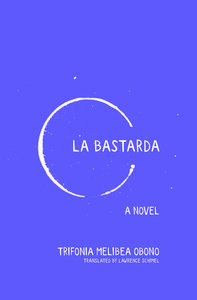Take a photo of a barcode or cover
honeyvee's review against another edition
- Plot- or character-driven? Character
- Strong character development? Complicated
- Loveable characters? Complicated
- Diverse cast of characters? Yes
- Flaws of characters a main focus? Complicated
3.75
ophiwrights's review
- Plot- or character-driven? Character
- Strong character development? No
- Loveable characters? Complicated
- Diverse cast of characters? Yes
- Flaws of characters a main focus? Complicated
2.0
Graphic: Homophobia and Lesbophobia
Moderate: Child abuse, Sexism, Sexual assault, Pregnancy, and Outing
Minor: Incest, Infertility, Rape, Sexual content, Abandonment, and Colonisation
b3ck3tt's review against another edition
- Plot- or character-driven? Character
- Strong character development? Complicated
- Loveable characters? Yes
- Diverse cast of characters? Yes
- Flaws of characters a main focus? No
4.0
jayisreading's review
3.5
Graphic: Child abuse, Homophobia, Misogyny, Sexism, Lesbophobia, and Outing
Moderate: Incest and Rape
Minor: Pedophilia and Death of parent
vicisbookblog's review
- Plot- or character-driven? Character
- Strong character development? Complicated
- Loveable characters? Complicated
- Diverse cast of characters? Yes
- Flaws of characters a main focus? No
4.0
katsareader's review
- Plot- or character-driven? Character
- Strong character development? Yes
- Loveable characters? Yes
- Diverse cast of characters? Complicated
- Flaws of characters a main focus? Yes
4.25
osstockton's review against another edition
- Plot- or character-driven? Character
- Strong character development? Complicated
- Loveable characters? Complicated
- Diverse cast of characters? Yes
- Flaws of characters a main focus? Complicated
3.5
havenmh's review against another edition
2.0
mellie_me's review against another edition
3.0
I’d highly recommend the book because of the unique perspective it provides - it’s a window into a remote village in Equatorial Guinea, a world of polygamous marriages, strict patriarchal rule, and witchcraft, where people seem to be viewed as assets of the patriarch, rather than individuals.
Although it’s not my favorite book ever, it’s definitely an eye-opener. (Also, it’s a quick read - the writing is pretty concise, without much extraneous detail - so you can get in international literature in translation without a huge time commitment.)
